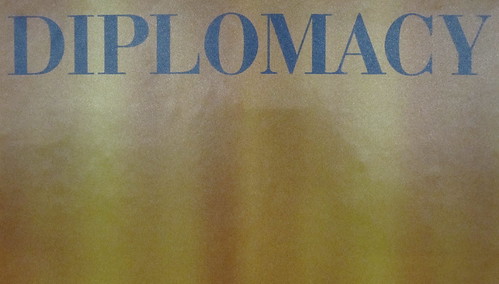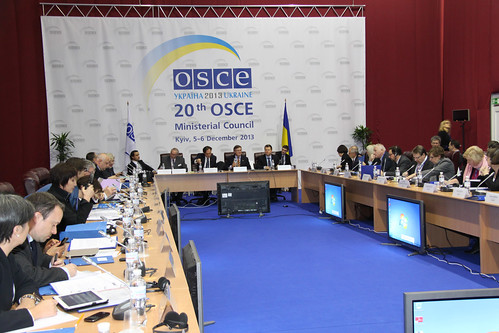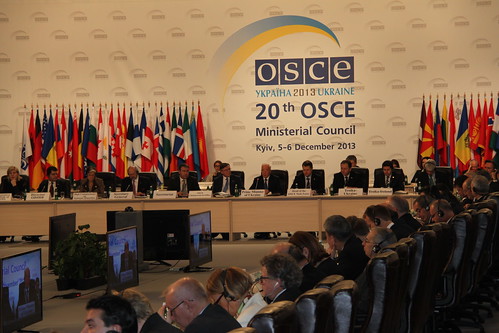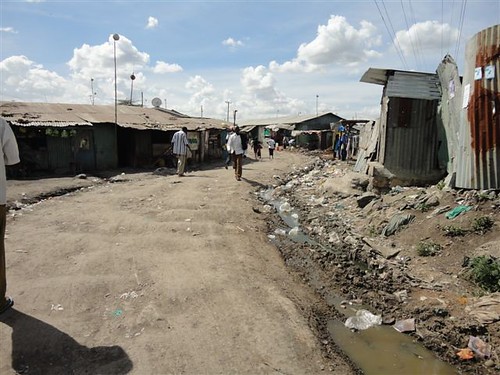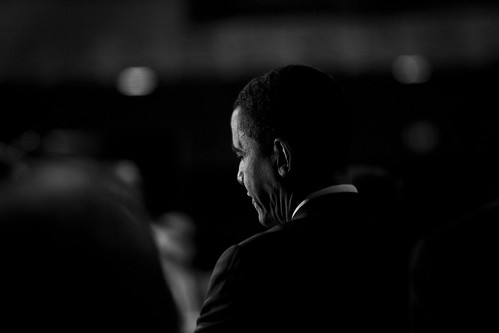
To its critics, the Obama administration’s foreign policy has become one of retreat. The decision not to engage militarily in Syria undermined the United States’ credibility around the world, and now there is the crisis in Ukraine. With Russia in partial control of Crimea, the critics feel further aggrieved. Surely the administration’s passivity and weakness helped provoke the incursion, they now argue.
The critics’ argument rests on the ‘demonstration principle’, i.e. the notion that how a state responds to one event establishes a reputation that others will react to in the future. It’s a principle with a rich history. For instance, historians generally believe that Britain’s willingness to accept Nazi Germany’s occupation of Czechoslovakia 1938 encouraged Hitler to think that there would be few consequences for moving against Poland a year later. In contrast, there is evidence to suggest that the US’ overthrow of Saddam Hussein had positive secondary effects throughout the broader Middle East, with Iran suspending its nuclear weapons program, and Libya abandoning its nuclear activities altogether.

